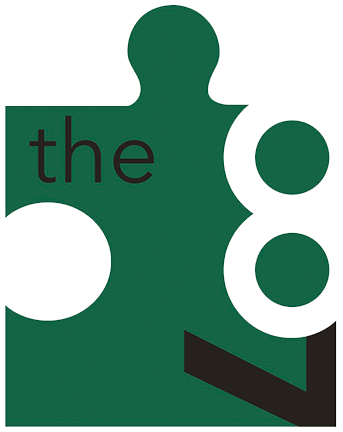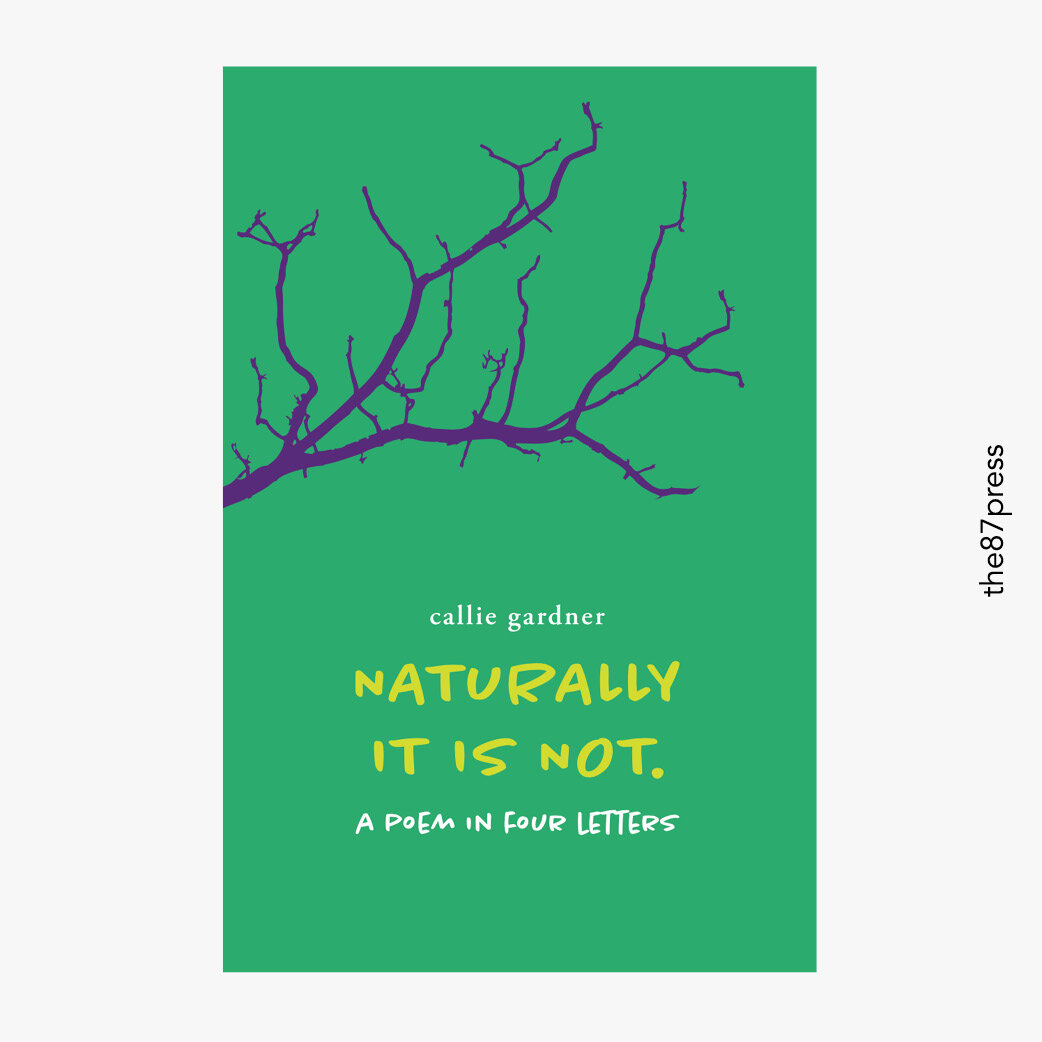Bird me
by Edith Azam
translated by Stuart Bell
The twenty-seven untitled poems in Bird me turn upon four recurring symbols, timeless images akin to those found in a dream state: pebbles, a river, a chestnut tree, and a bird. This final image, the most central to the collection, is one which haunts and inspires the poetic voice. This voice may or may not be Azam herself, or else a hybrid, lyrical ‘I’, as unfixed as the haunting bird of the collection’s title. This bird, referred to as ‘Hannah’, is addressed in each poem. The eponymous palindrome takes on different rôles and guises: there are moments in which Hannah is celebrated as muse, love object, mediator between the poet body and the natural world; at other times, she is an all-consuming force, deadly and destructive to a point where the poetic voice is afraid even to say her name out loud.
by Edith Azam
translated by Stuart Bell
The twenty-seven untitled poems in Bird me turn upon four recurring symbols, timeless images akin to those found in a dream state: pebbles, a river, a chestnut tree, and a bird. This final image, the most central to the collection, is one which haunts and inspires the poetic voice. This voice may or may not be Azam herself, or else a hybrid, lyrical ‘I’, as unfixed as the haunting bird of the collection’s title. This bird, referred to as ‘Hannah’, is addressed in each poem. The eponymous palindrome takes on different rôles and guises: there are moments in which Hannah is celebrated as muse, love object, mediator between the poet body and the natural world; at other times, she is an all-consuming force, deadly and destructive to a point where the poetic voice is afraid even to say her name out loud.
by Edith Azam
translated by Stuart Bell
The twenty-seven untitled poems in Bird me turn upon four recurring symbols, timeless images akin to those found in a dream state: pebbles, a river, a chestnut tree, and a bird. This final image, the most central to the collection, is one which haunts and inspires the poetic voice. This voice may or may not be Azam herself, or else a hybrid, lyrical ‘I’, as unfixed as the haunting bird of the collection’s title. This bird, referred to as ‘Hannah’, is addressed in each poem. The eponymous palindrome takes on different rôles and guises: there are moments in which Hannah is celebrated as muse, love object, mediator between the poet body and the natural world; at other times, she is an all-consuming force, deadly and destructive to a point where the poetic voice is afraid even to say her name out loud.
ISBN: 9781838069841
42 pages
Date published: 03/05/2021
Paperback
Stuart Bell is a literary translator. His previous translations include the French novels ‘They Stole Our Beauty’ (2019) and ‘The Softest Sleep’ (2020). He is currently editing a collection of essays for The 87 Press on the moving power of artworks, forthcoming in 2021.
Edith Azam was born in 1973 in the southern French region of Occitanie. She worked as a schoolteacher for three years before devoting herself to full-time writing. Her collections include Mercure (2011), Caméra (2015), and Pour tenir debout on invente (2019), co-authored with Liliane Giraudon.






